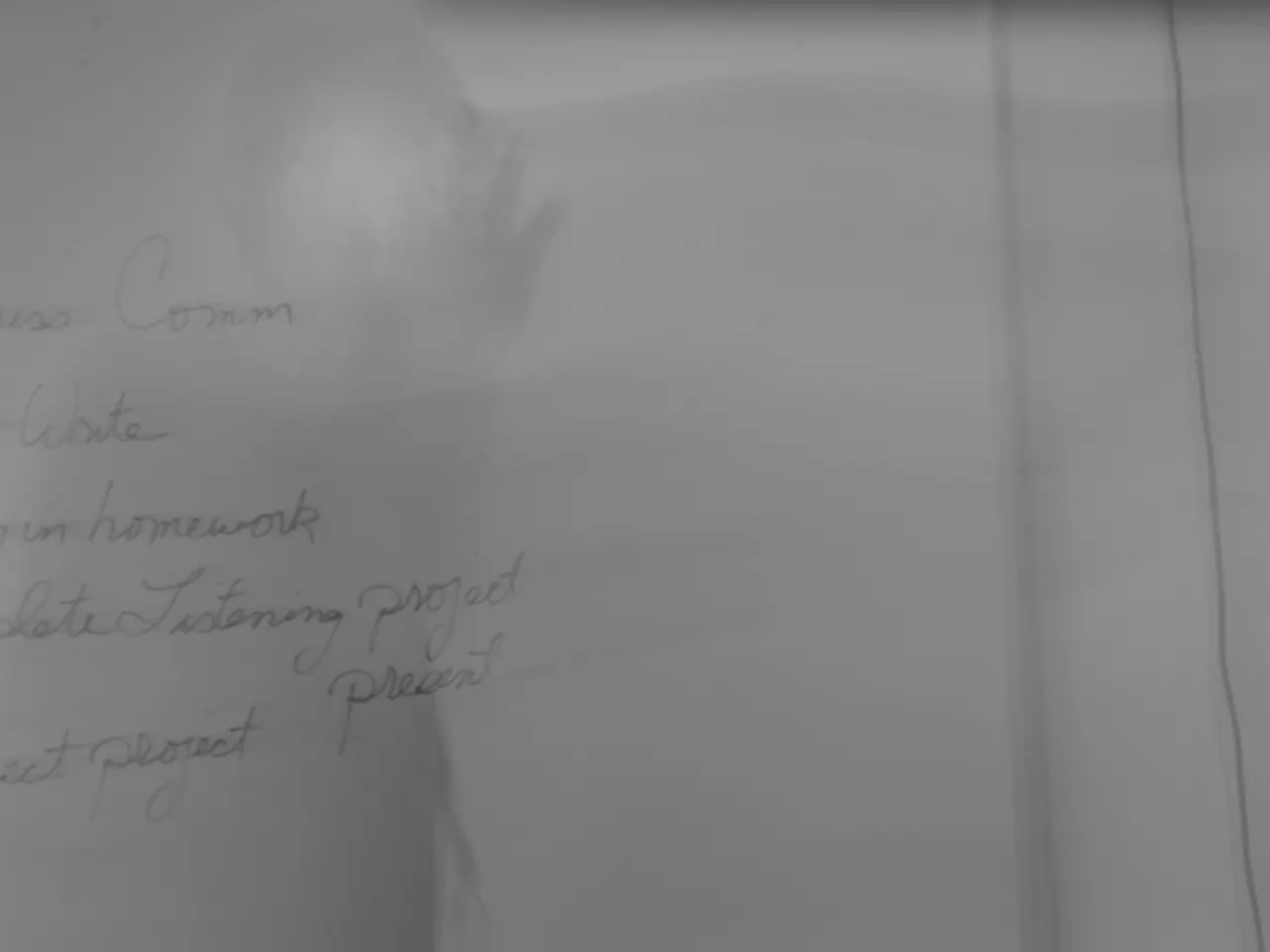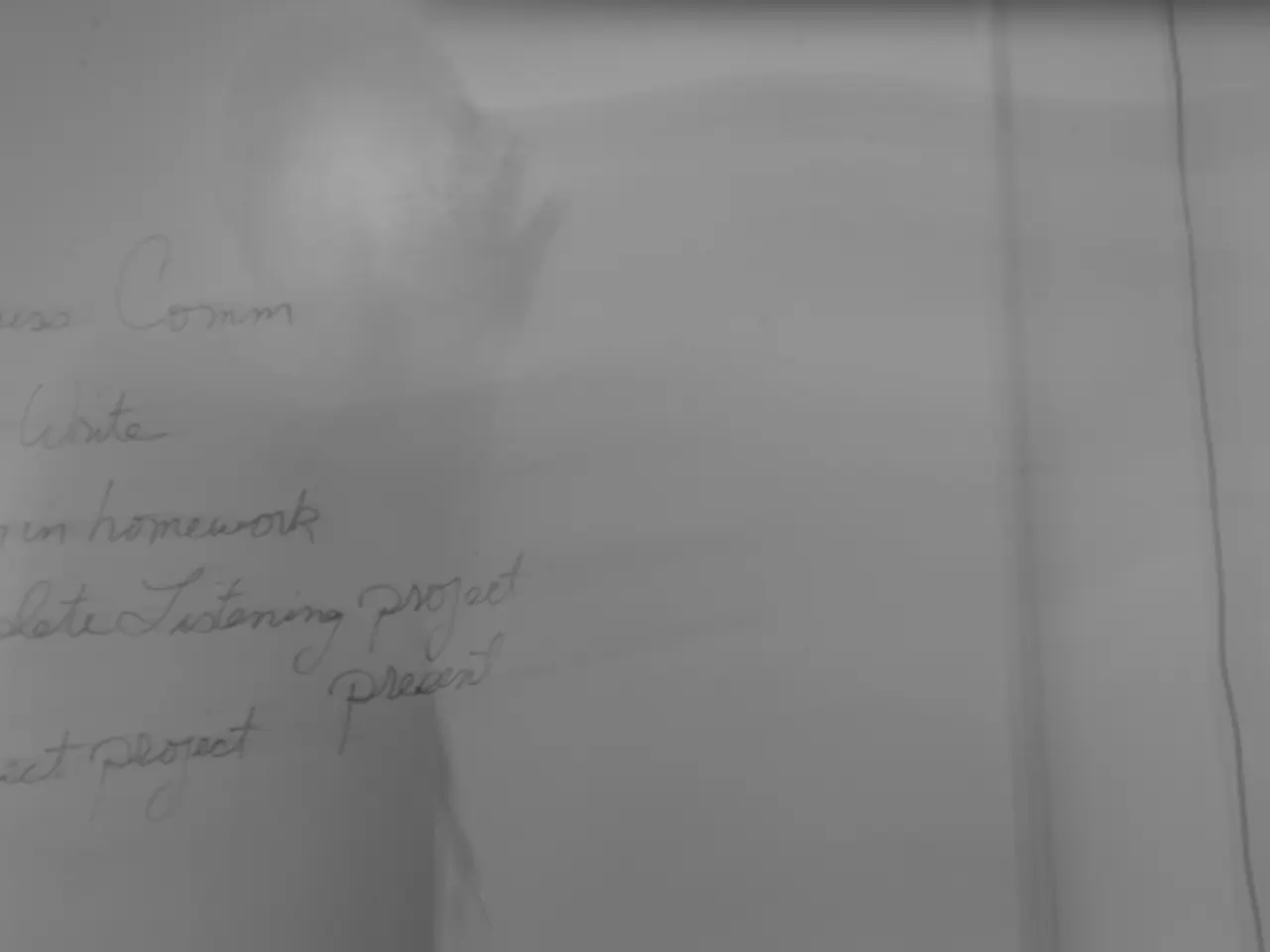By Volker Petersen
Red-black coalition delivers stimulus package, yet lingering controversy surrounds budget allocation
With the recent approval of the investment boost and the budget settlement, the black-red federal government is living up to its first election promise. The aim is to boost the economy through investments and tax cuts. But is it enough? Plenty of criticism still flows.
Economy
Seven weeks into the black-red government, they're pushing forward on significant projects. This includes the investment boost, offering a whopping 30% annual depreciation on movable assets like machinery and 100% depreciation over six years on electric cars as company cars. While industry experts and representatives welcome this, they're far from viewing these measures as a silver bullet for the two-year-long recession.
Critics question the wisdom of boosting electricity costs while gas prices fall. "What is the homeowner to think when gas is cheaper and electricity is more expensive?" might as well be the question on many households' minds.
Political Climate
Despite the praise, especially between the Union and the SPD, there's still no lack of criticism. CDU politician Hendrik Wüst, NRW's Minister President, has expressed discontent regarding the coalition's decision to delay reducing electricity taxes on private consumers for now. This was exactly what the coalition partners had agreed upon in the coalition agreement, and Wüst warns the SPD about breaking this promise.
The German Industry and Trade Association, the German Retail Association, and the Federal Association of Consumer Organizations have all spoken out against the focus on industry and corporations at the expense of private households. According to them, this decision sends a clear signal and a serious breach of trust to millions of citizens.
Missed Promises
The German Social Association's Michaela Engelmeier described the decision to make energy cheaper only for companies and not for consumers as a wrong signal. Reiner Holznagel, president of the Federal Association of Taxpayers, went as far as to call it a "broken promise."
The current electricity tax for private consumers remains at 2.05 cents per kilowatt hour (kWh), much higher than the EU minimum of 0.1 cents. A full reduction would have relieved private consumers substantially, making heat pumps or electric cars more attractive.
Finance Minister Klingbeil maintains that the coalition's budget is under consolidation pressure, so the planned reduction in energy prices and costs might have to wait.
Response and Opinions
Despite the missing electricity tax cut, the coalition plans to reduce network charges as part of electricity prices for industrial businesses. The German SME Association remains unsatisfied, urging the government to show more courage regarding corporation tax reductions.
The Left criticized the lack of support for private buyers of electric cars in the Bundestag debate, expressing frustration over the absence of affordable leasing models for those unable to afford the steep prices for electric cars.
So, while the black-red government forges ahead with its plans, the "broken promise" allegation continues to cast a shadow over their decisions. With private households shouldering a significant portion of the energy burden, the question remains – who will help lighten the load?
Source: ntv.de, with dpa
- Electricity price
- CDU
- SPD
- Black-Red
- Lars Klingbeil
- Electric cars
Insights
The "empty promise" outcry relates to the black-red coalition's failure to deliver on a promised electricity tax cut equally for consumers and businesses, as stipulated in the coalition agreement[2]. Instead, electricity tax relief is limited to companies in manufacturing, agriculture, and a temporary reduction already existing, leaving private consumers and small businesses out of the equation[2]. Consequently, private households face substantial added costs, paying approximately 40 euros annually solely in electricity tax, while the missed relief increases their energy expenses and strains family budgets amid already high energy prices[2]. The hoped-for annual savings for an average family of up to 200 euros under the coalition's proposed tax cut remain elusive[2].
- The black-red coalition's decision to prioritize energy price relief for industries over private households has drawn criticism, as Finance Minister Lars Klingbeil's promised electricity tax cut for consumers has yet to materialize, breaking the coalition agreement and potentially straining family budgets.
- Given the SPD's focus on supporting electric cars, the party's failure to deliver on its promised reduction in electricity taxes for private consumers has caused a significant rift within the coalition, with CDU politicians like Hendrik Wüst voicing their concerns about the coalition breaking its promise and the impact on ordinary citizens.






